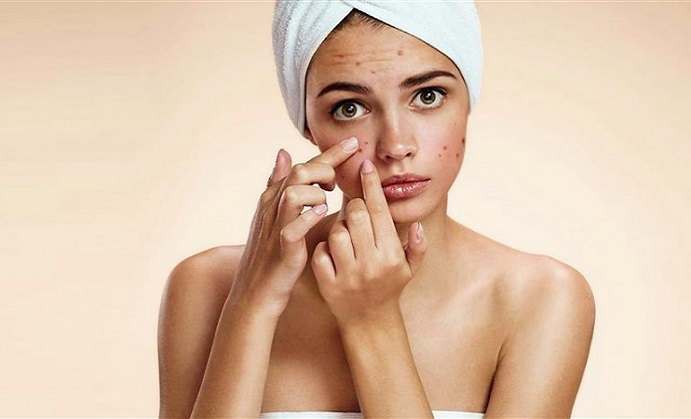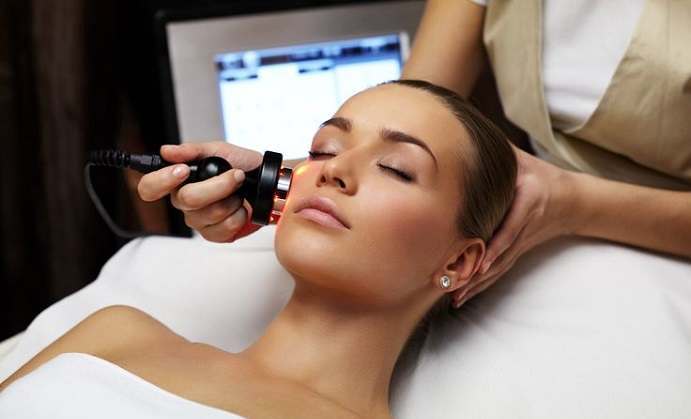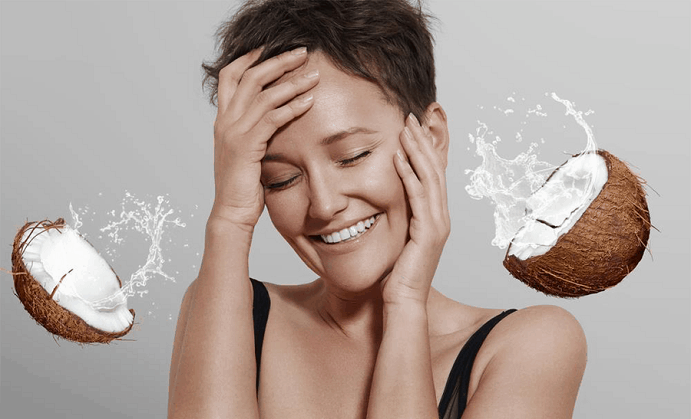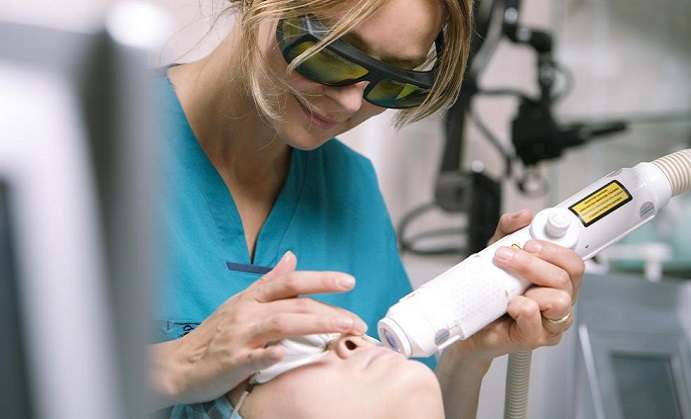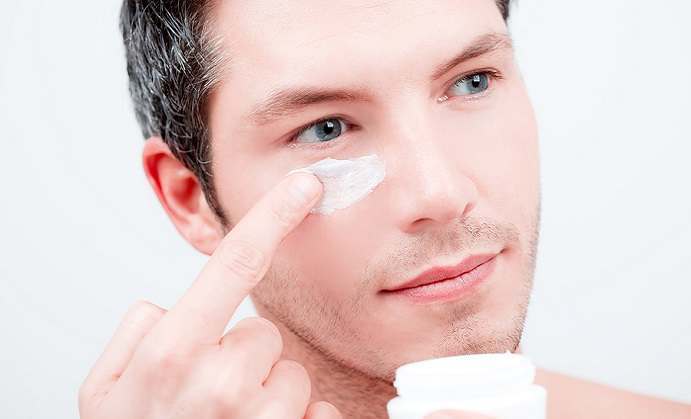Overview
Acne scars arise when a pustule or lump gets broken, leaving a deposit of damaged skin. There are a lot of remedies that you can do at home to help get rid of these scars. In general, look for natural treatments that reduce inflammation and exfoliate dead skin cells. Most essentially, keep your skin clean, eat healthy, and avoid doing things that can make your acne worse.
Step 1
Whether you have acne or not, it’s important to keep your face clean by washing two times a day to get rid of dead skin cells, impurities and extra oil from the surface of your skin. Use a mild facial cleanser and warm water to avoid irritation and inflammation of the skin. Avoid using harsh cleansers or scrubs. Dry your face with a clean towel.
Step 2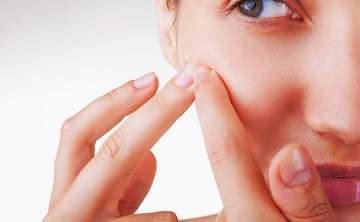
Squeezing a pimple can cause acute inflammation and it seriously damages the skin’s tissue which can result in scar formation, so it is better to remind yourself that picking at pimples can increase the time of healing and may leave a permanent scar.
Step 3
To avoid long-term skin damage, you should avoid staying outside in the sun for too long without using sunblock. Despite the fact that we need sunlight to synthesize Vitamin D in our bodies, the sun’s rays also contain ultraviolet rays that can darken acne scars and spots.
Step 4
Try an over-the-counter acne medication. Most of them have ingredients such as benzoyl peroxide, glycolic acid, salicylic acid or lactic acid that helps in controlling bacterial growth and keeps your skin dry. They work to avoid acne formation, which ultimately avoids the formation of scars.
Step 5
Cortisone injections, an oral antibiotic, or topical ointments can help get rid of acne and also inhibit scar formation. So it is always a great idea to make a quick visit to your dermatologist for the treatment.
Acne Scar Treatment
Step 1
Retinol, glycolic acid or Vitamin C, present in topical over-the-counter ointments, decrease the presence of acne scarring and increase collagen protein in your skin. Use these products with caution if you have sensitive skin.
Step 2
Microdermabrasion is another way to treat acne scars. You can buy a home kit for microdermabrasion. It is principally an exfoliation and skin rejuvenation method that leaves your skin looking soft and smooth. Microdermabrasion is a non-chemical, non-invasive process that uses a spray of microcrystals onto the skin to gently remove the outermost layer of dry and dead skin cells.
Step 3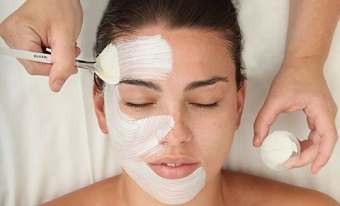
Consult your dermatologist to decide whether a chemical peel is suitable for your skin type and condition. In this type of peel, a chemical solution is applied and the outer skin peels off. It promotes the growth of new skin cells, which in turn recovers your skin’s appearance and surface.
Step 4
If your acne scars don’t disappear on their own, it is time to consider booking an appointment with your dermatologist. Fractional laser therapy or laser resurfacing can improve the skin surface and enhance the formation of new collagen, a protein that’s a building block of the skin. New collagen helps fill up scars, giving you a fresher look.
Do you want to find an effective Scar Repair treatment? Check out our top rated Scar Repair products


